Articles

Individual Actions We Can All Take to Transform Food Systems
Following up on her article, Pathways to Creating a Just Food System, Dana Geffner explores the barriers and opportunities to creating a just food system through this four-part series of articles, from outlining regenerative business structures to showing examples of alternative business models and alternatives to conventional shopping. In this fourth and final part of the series, she focuses on what individuals can each do to participate in transforming our food system.
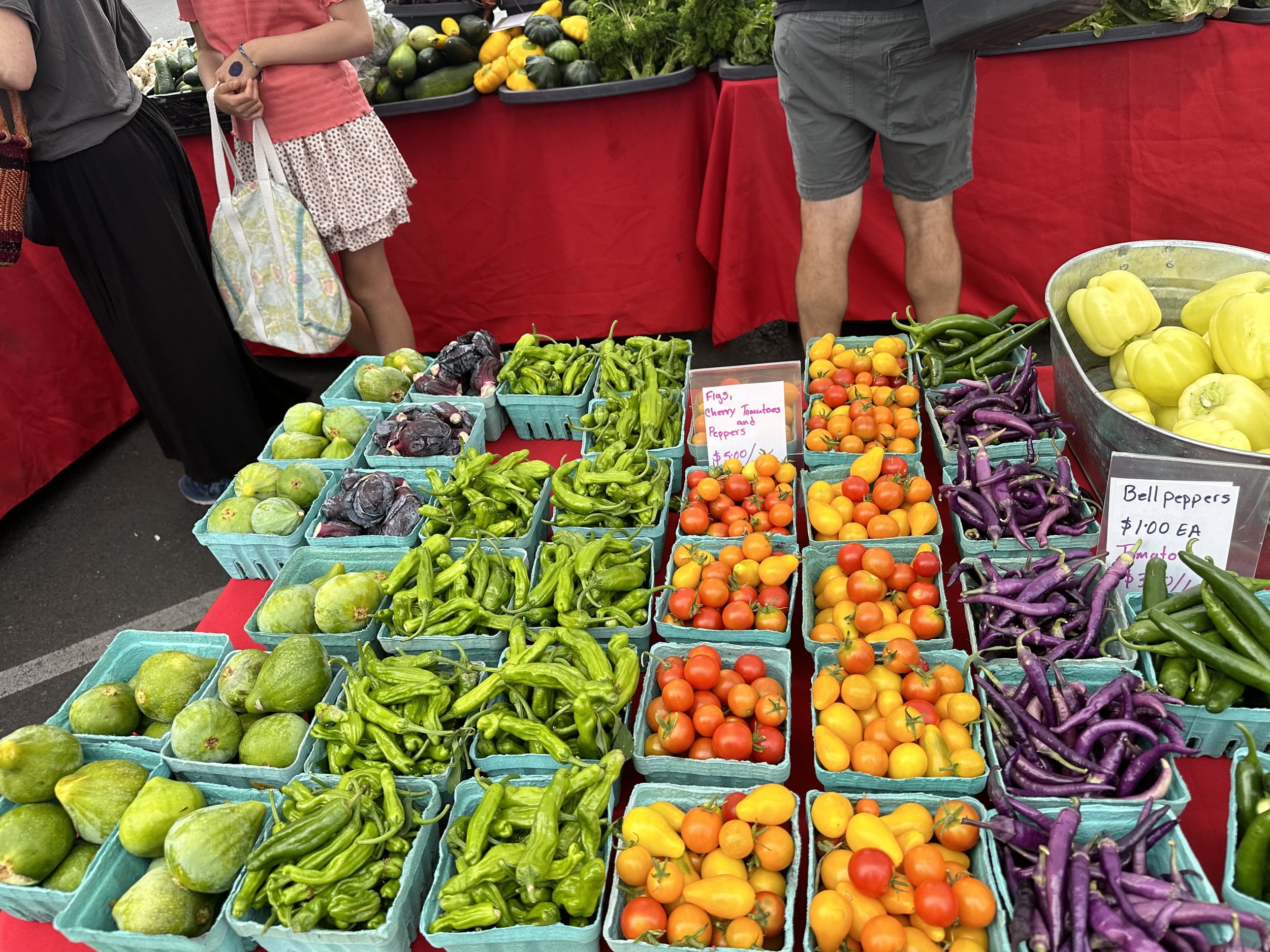
Alternatives to Conventional Shopping
In part 3 of a series, Dana shares examples of people and communities around the globe who are offering consumers a way to shop that does not extract wealth out of communities. Here are a few examples of community-owned grocery stores, national organizing associations, and other models that place farmers in the driver’s seat.
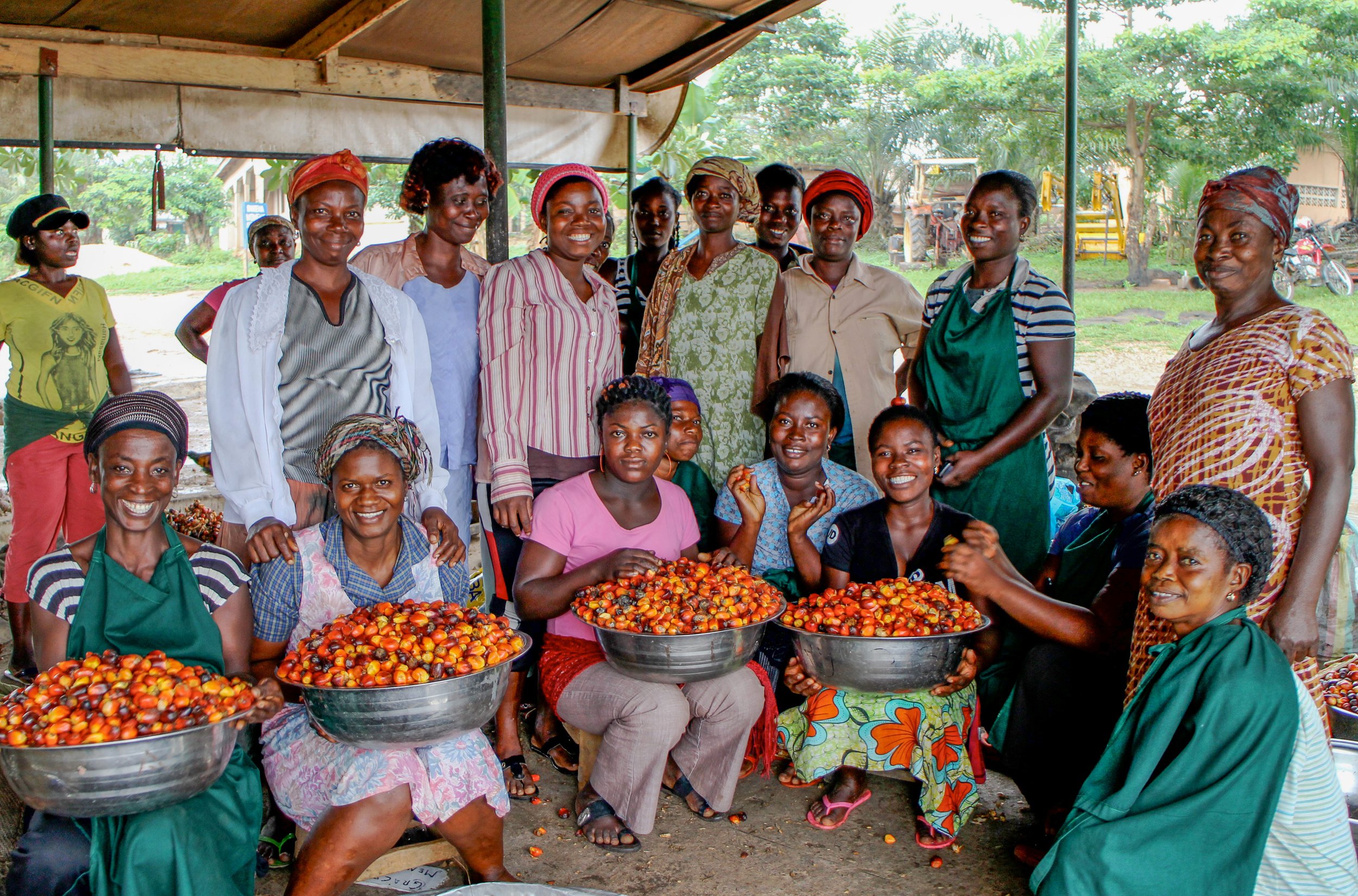
Alternative Business Models Building Fair and Equitable Partnerships
In part 2 of a series on Alternative Business Structures, Dana Geffner examines a few examples of alternative business models that are building fair and equitable partnerships with organizing efforts around the world. By understanding governance structures that officially center people, supporting these efforts and replicating them, we can visualize a path to creating a food system that works for us all.
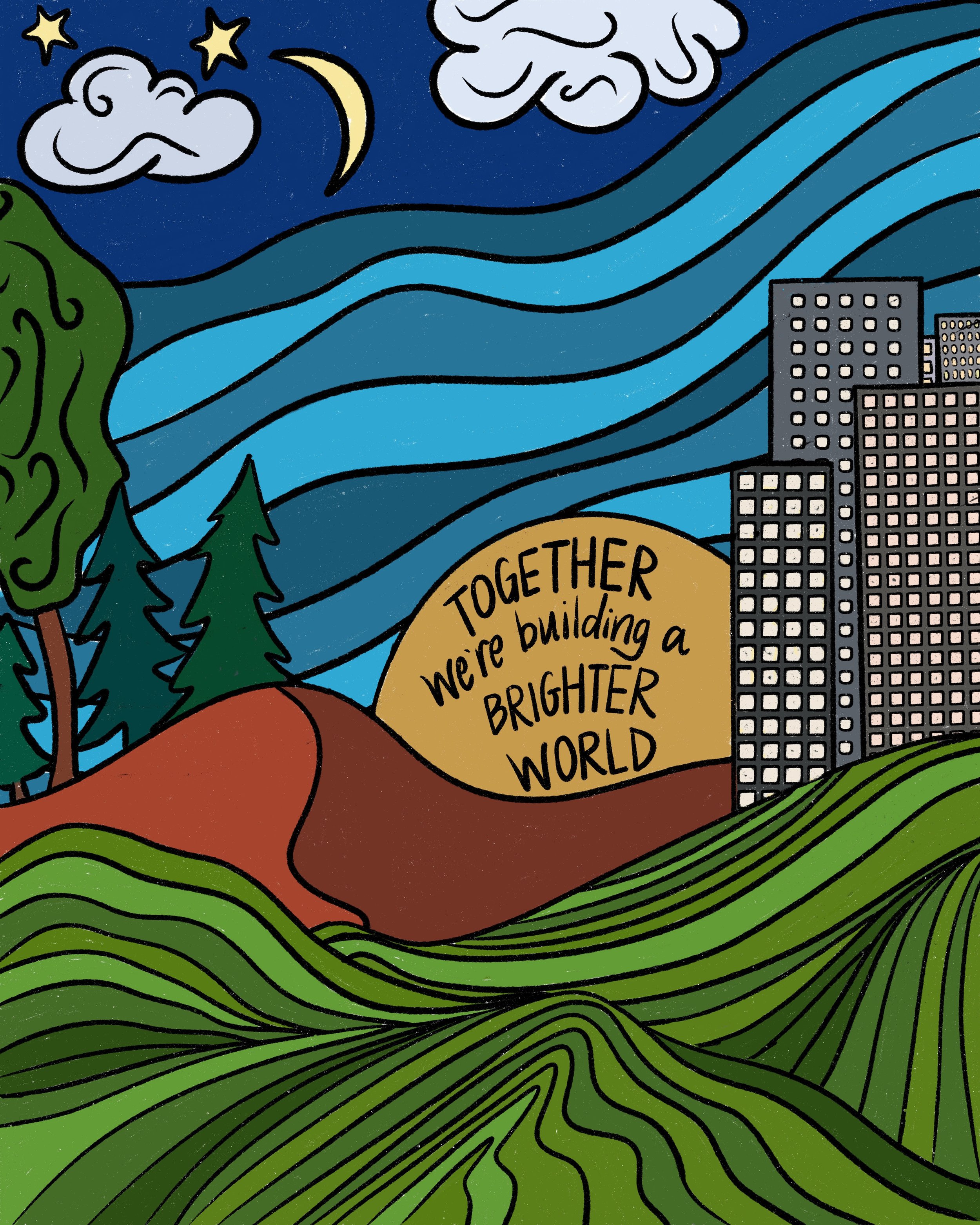
Conventional vs. Regenerative Business Structures
From manufacturers to retail grocery stores to daily farmers markets, alternative business models are paving the way to transform the food industry. In part 1 of a series, Dana Geffner explores how regenerative practices build fair and equitable partnerships prioritizing workers, small-scale farmers in the global majority, family farmers in the global minority, and farmworkers organizations. With these practices, including regenerative agriculture, we can come out the other side with a world that regenerates rather than degenerates.
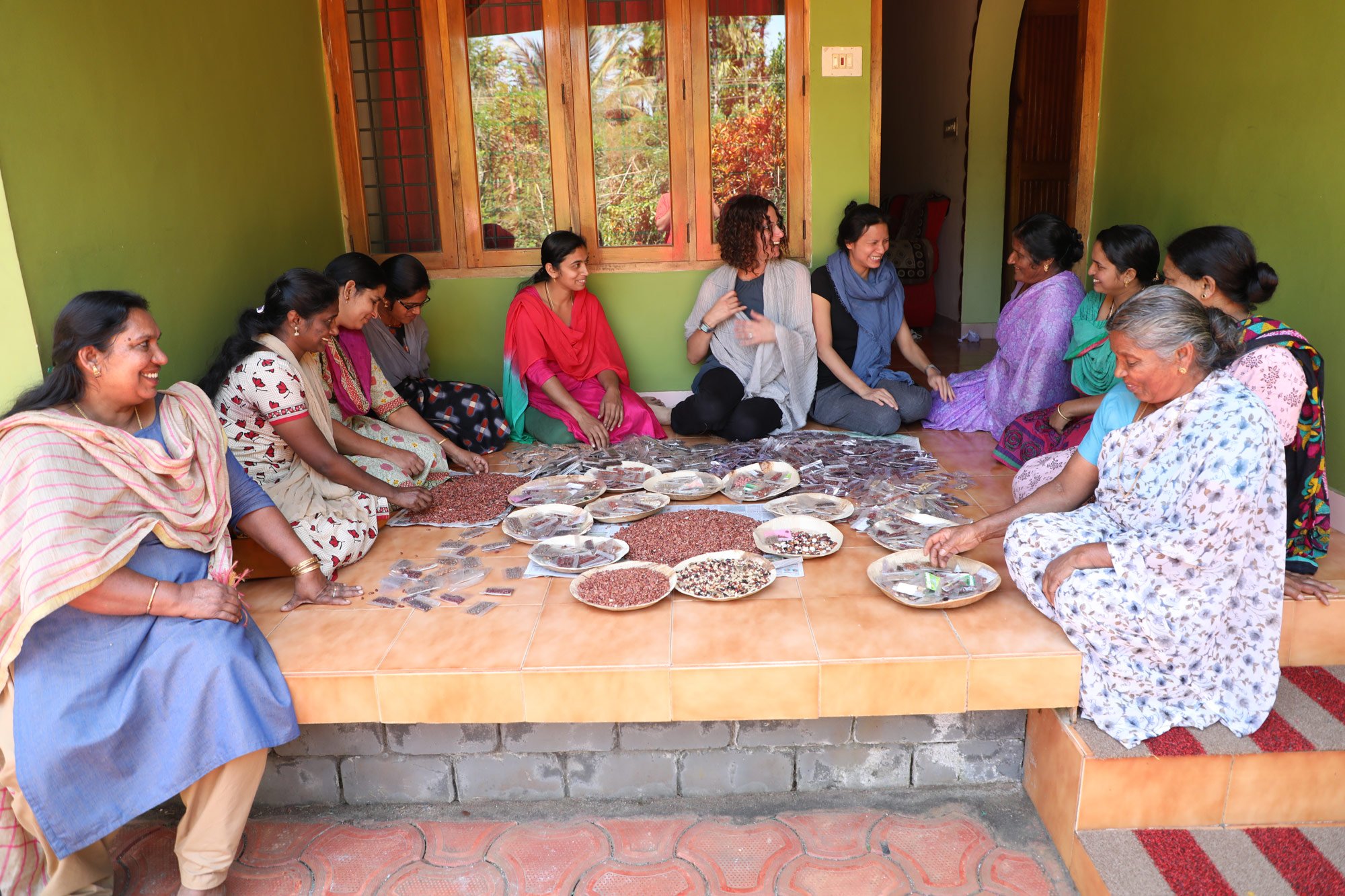
Pathways to Creating a Just Food System
The Global Economic System is rife with abuse and injustice. Since the power in global supply chains favors those with size and wealth, most of the people who grow, process, and produce our food suffer poverty wages, unsafe work conditions, and other rights violations. Small-scale farmers and workers are typically marginalized and disempowered in the global economic system. People are organizing in many different ways to push back against the conventional extractive business models to transform our food systems. Guest contributor, Dana Geffner shares some success stories of how different mechanisms drive a larger movement in creating a more just and sustainable food system.
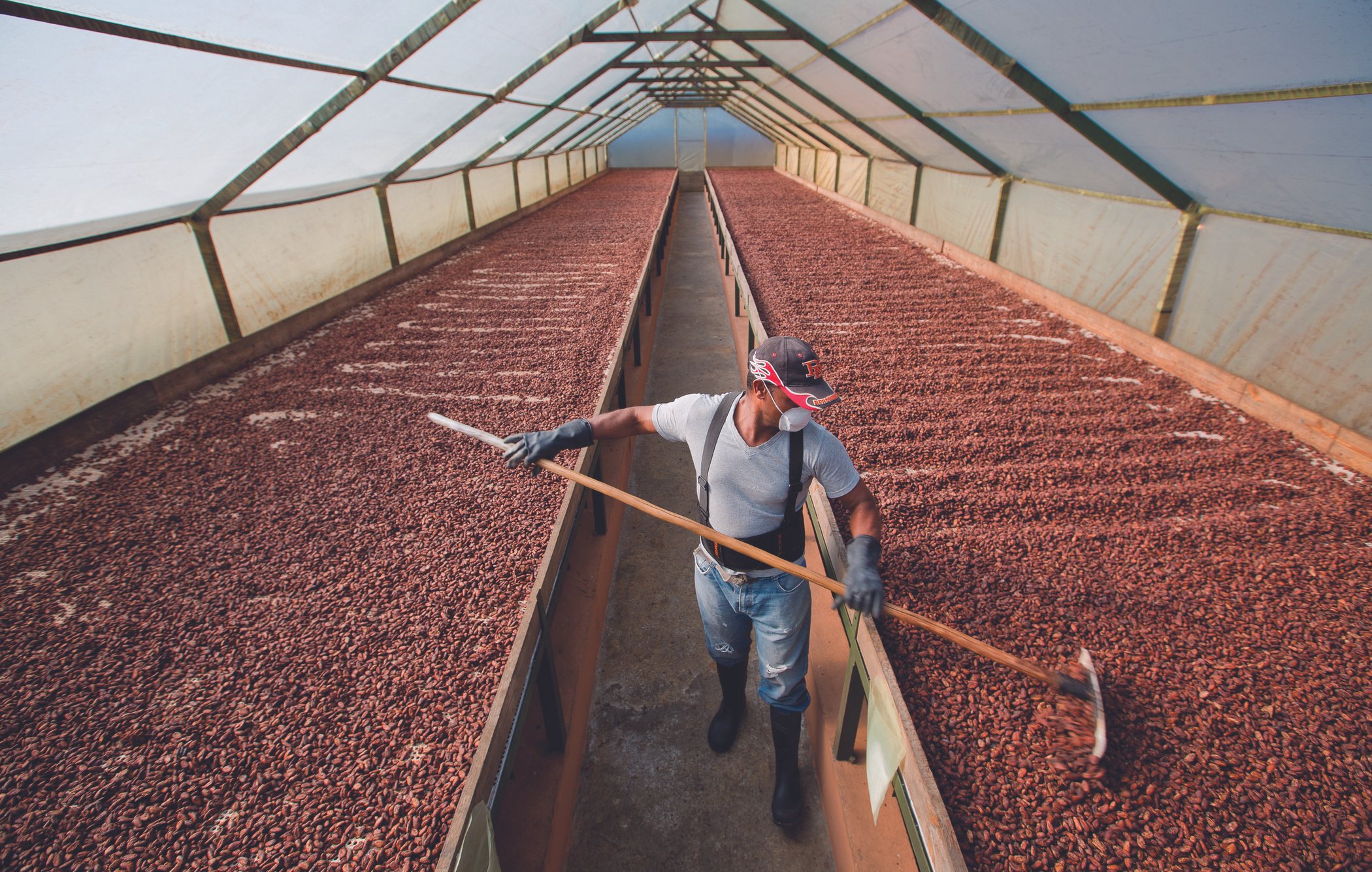
Chocolate: A Bittersweet Luxury
While chocolate is considered a luxury for many of us, for small-scale farmers worldwide, it is their source of necessary income that often comes with the harsh realities of corporate control of the industry. The cocoa industry is highly consolidated with only four companies controlling nearly 90% of the chocolate market, giving them a huge amount of control over cacao farmers and the prices we see on the supermarket shelves. What does this mean for farmers and child labor and do individuals have a chance at transforming a broken system?
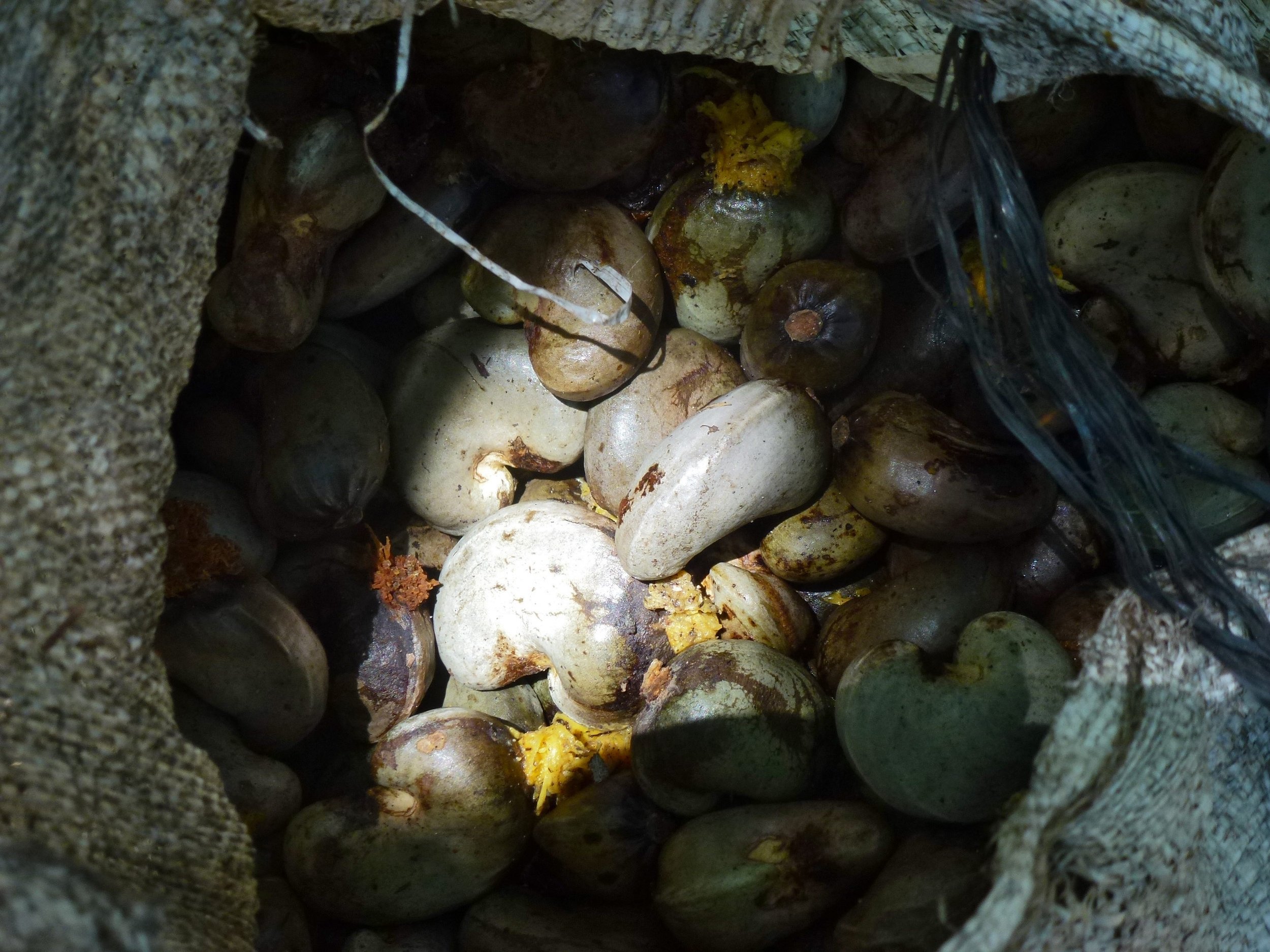
The Dark Side of the Cashew Industry
“If cashew importers want to ensure that their supply chains are not tainted with forced labor and abuse, they need to very closely scrutinize where they source their products,” –Joseph Amon, Director of Human Rights Watch, Health & Human Rights Division
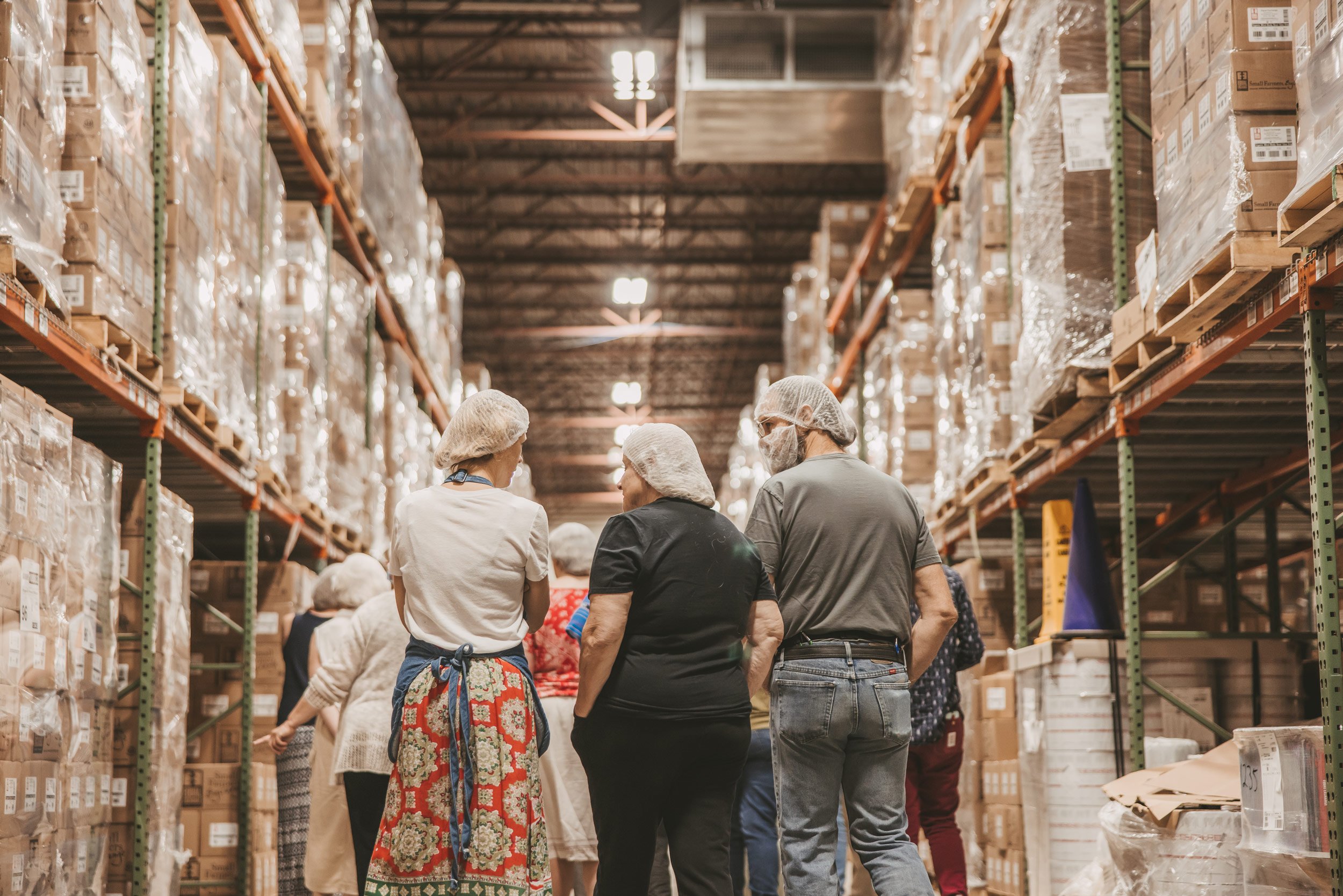
Sue Morris's Awesome Grassroots Distribution System: Just Food Hub
Just Food Hub is a volunteer group that distributes ethically sourced food to consumers, local organizations, buying clubs, and small businesses throughout New England. Sue Morris, a retired writer and editor living in Marshfield, Vermont, created the organization in 2021. Due to their amazing efforts, Sue and her husband, John, are one of Equal Exchange’s top customers. Sue shares more in her own words.
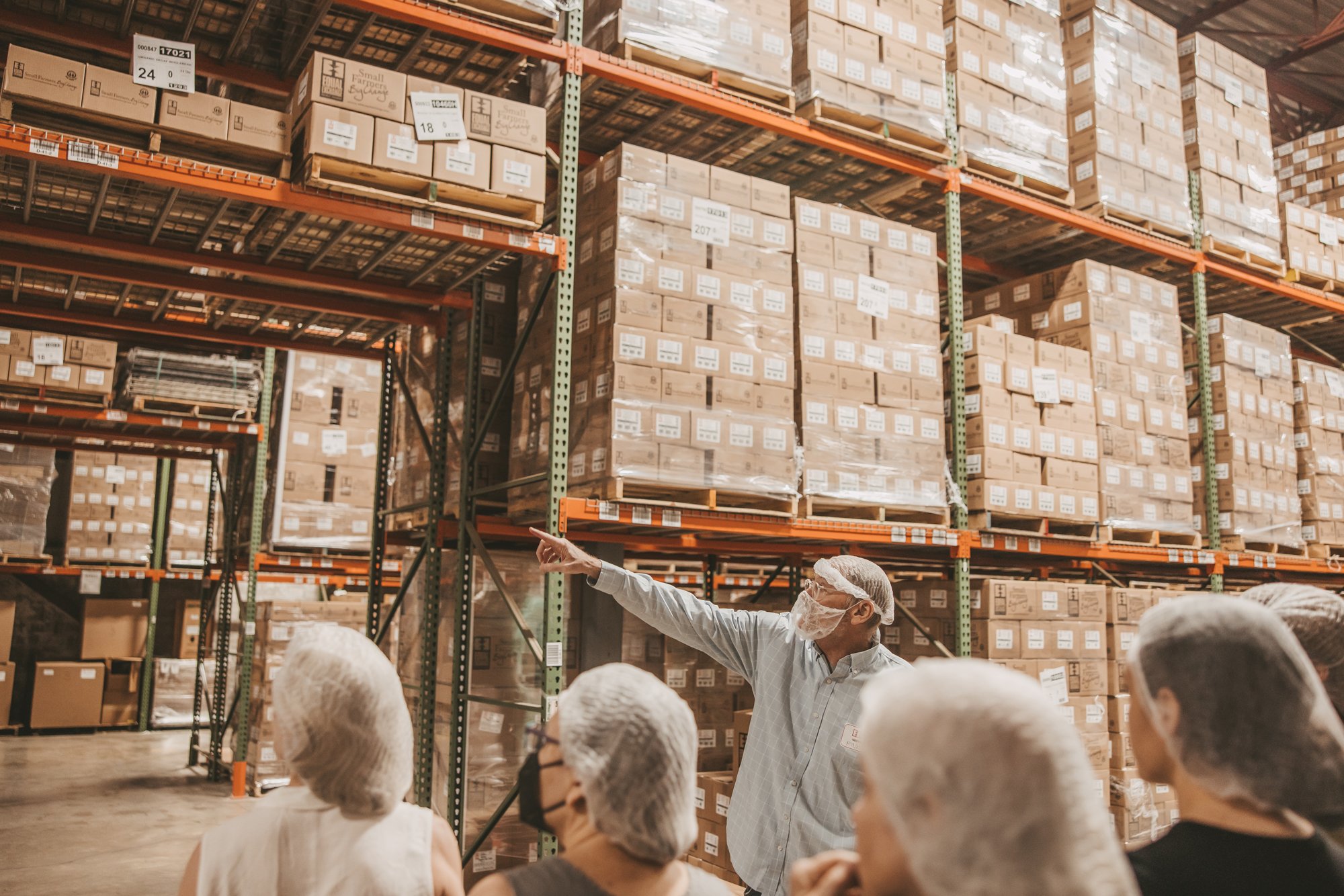
From Alternative Trade to Corporate Consolidation
Antitrust laws were put into place for a reason. The more consolidated our food system becomes and the greater control corporate monopolies exercise, the worse the outcome will be for farmers, workers, consumers, and the planet. As we continue to double-down on our efforts to support small farmers employing sustainable farming practices, we can—and must—take back our food system.
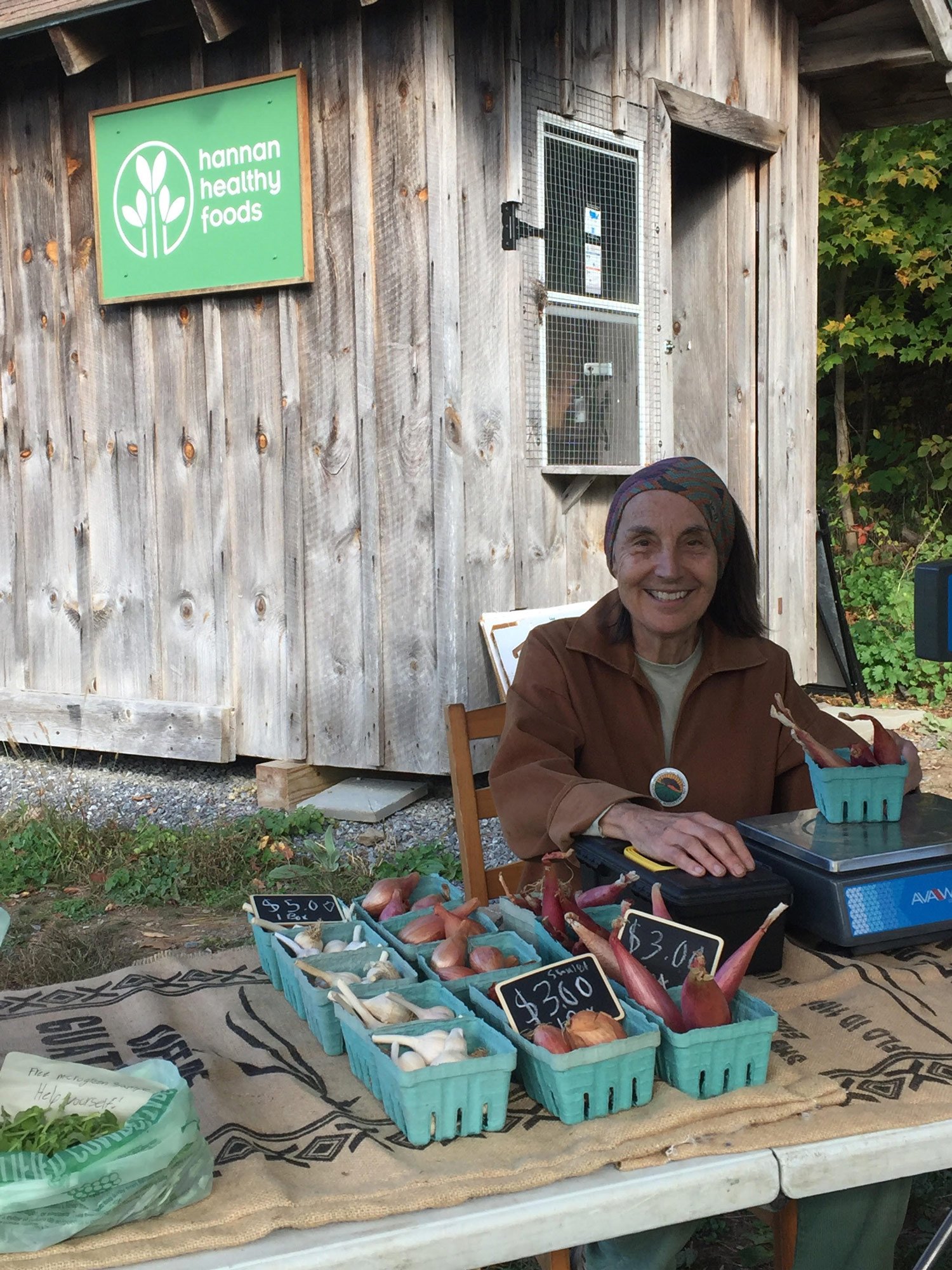
Citizen-Consumer Reflection: Strength in the Commitment of Many
Thirty-seven years ago, I did not identify primarily as a consumer, and the label still doesn’t quite fit, but I did identify as a citizen open to learning how Nicaraguans were creating more equal social relationships. When volunteering with newly formed sewing cooperatives, I met small farmers who shared stories of how they never were paid a fair price by the buyers of the fruits of their hard labor. I became a small bridge of sales of Nica coffee beans through Equal Exchange.

Becoming a Citizen-Consumer Board Director of Equal Exchange
I was elected to the board of Equal Exchange in June 2020, a couple days after my 22nd birthday. The prior year, I had attended the Equal Exchange Summit as a college student who really liked healthy food and desperately wanted a glimmer of hope that some businesses could benefit people and the environment.
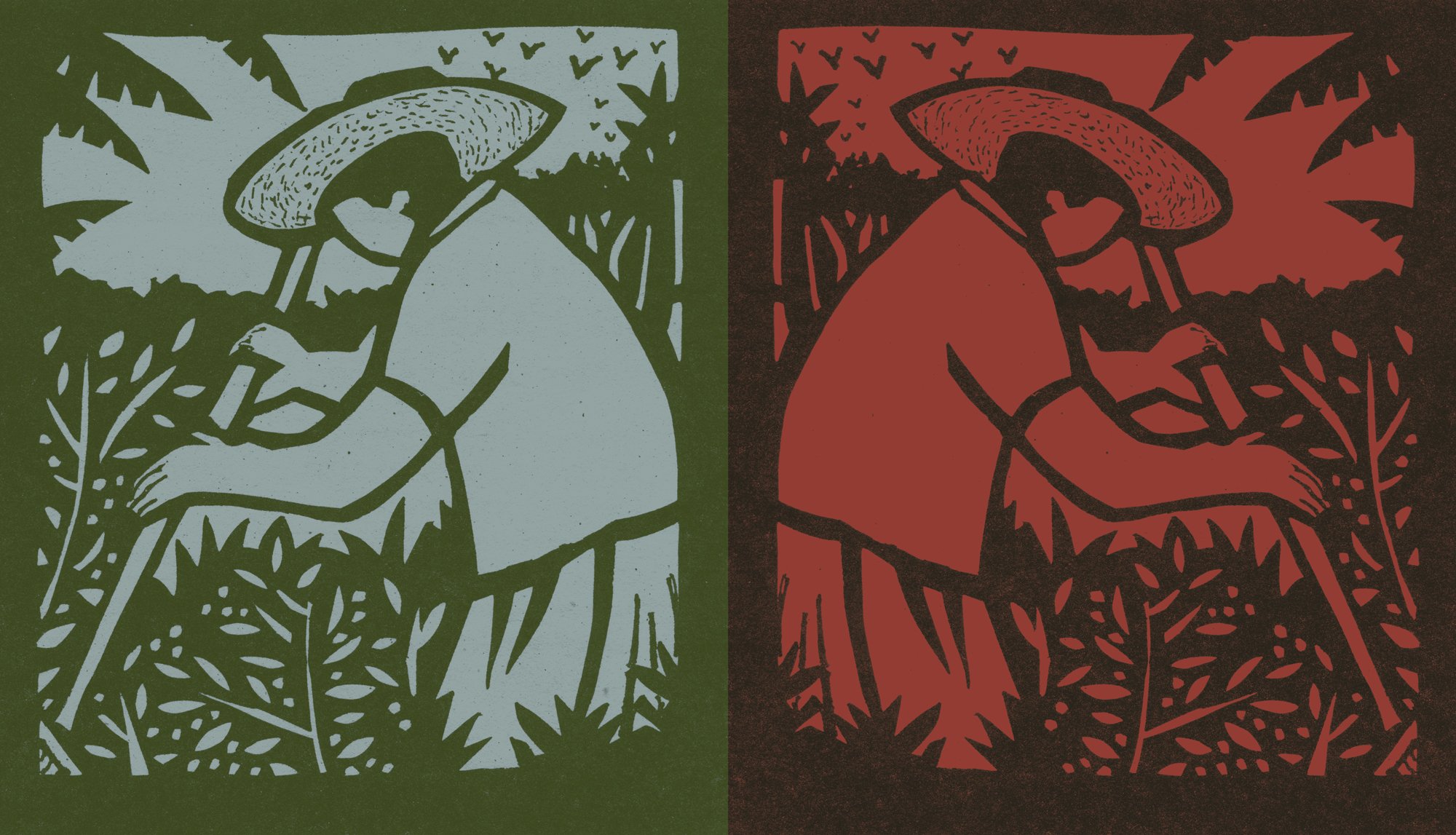
Reflections from Rink on the “Fair Trade Experiment”
Fair Trade is dead. What have we learned, and what’s next? Phyllis Robinson interviews Equal Exchange Co-Founder and President Rink Dickinson as he reflects on the nearly 40 year history of the movement and where it has left us as an organization and a community.

How a Trip to Yellowstone Changed How We Think About Food
40 years ago, our family traveled to Yellowstone National Park to camp for a few days. When we entered the park, the ranger handed us a newspaper with the headline “Human Food Kills Bears”. That headline was about to change our lives and those of our progeny.
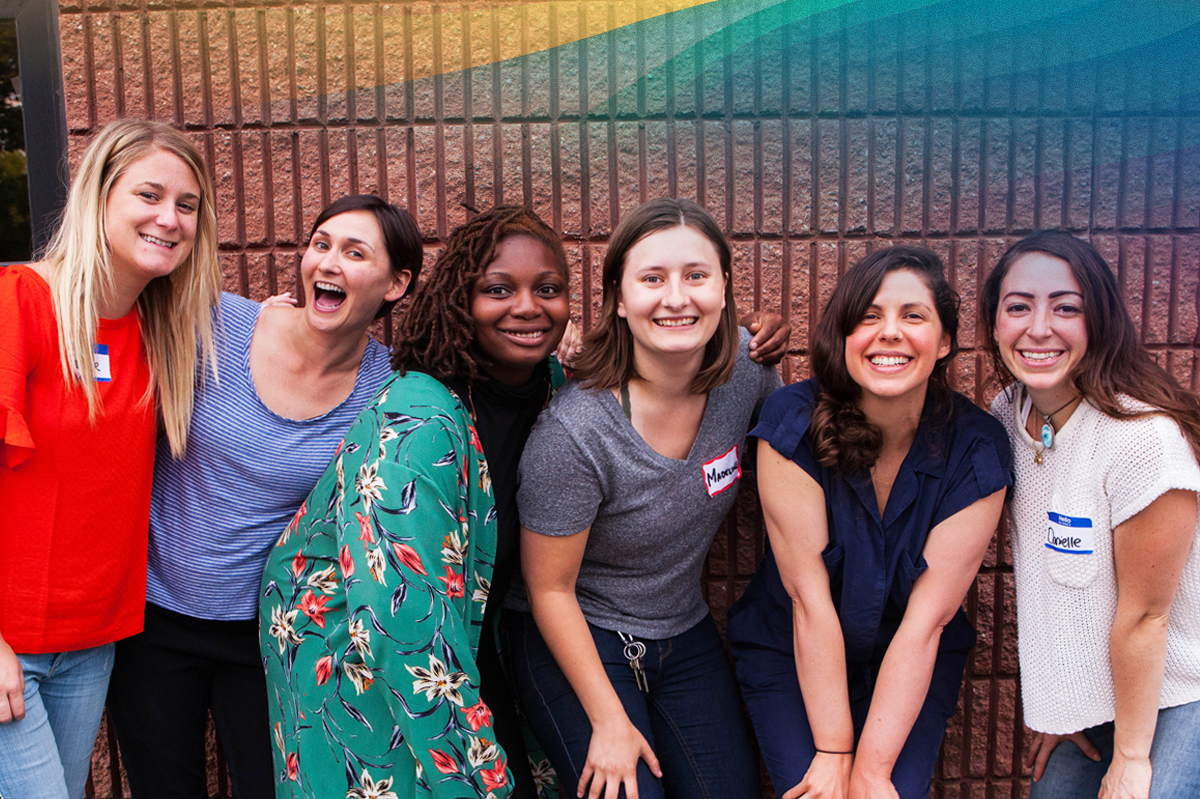
We Couldn’t Do It Without You, Citizen-Consumers
As Equal Exchange celebrates its thirty-sixth year of challenging conventional wisdom and structural inequities in the way food commodities are traded, we are once again taking stock in all that we have achieved and the daunting headwinds we are facing. Boy, are we glad we are doing this with all of you!
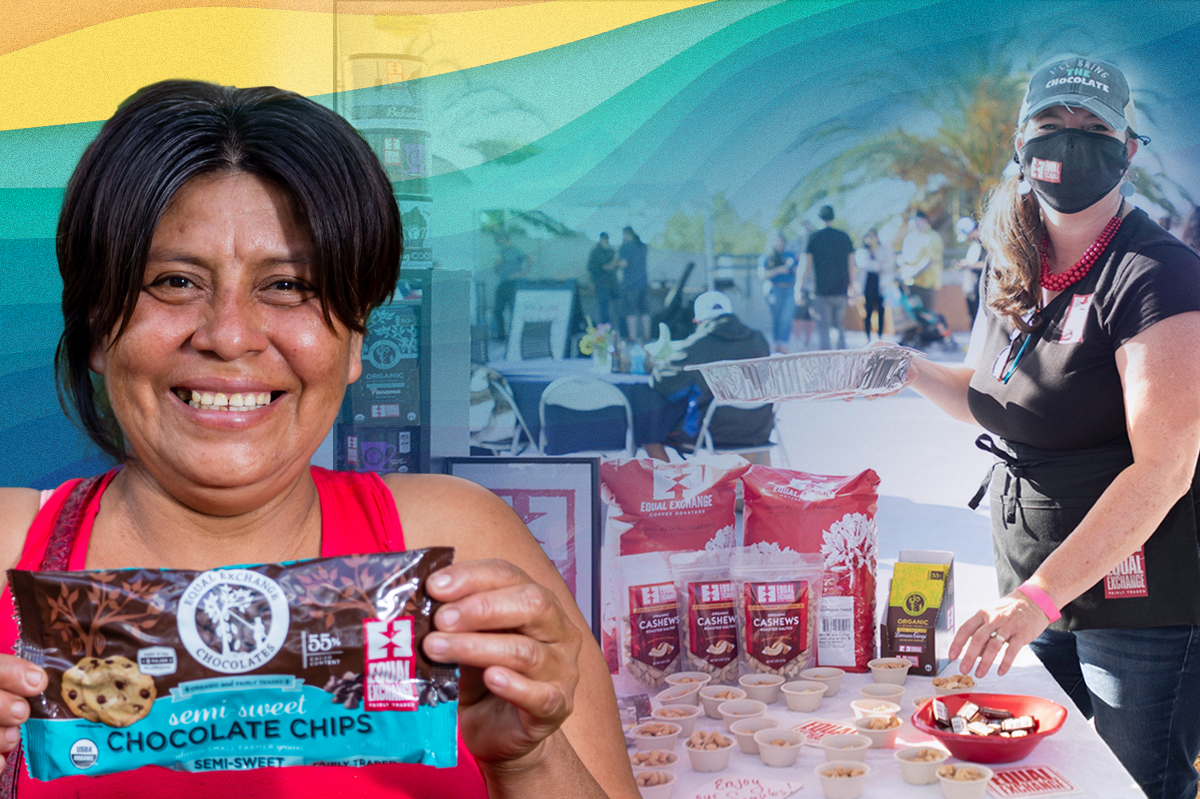
Corporate Consolidation and Reconnecting with Your Food
As consumers, we are typically protected from realizing the harsh realities of our complex and unjust food system. Convenience is the goal, but what has been the cost?
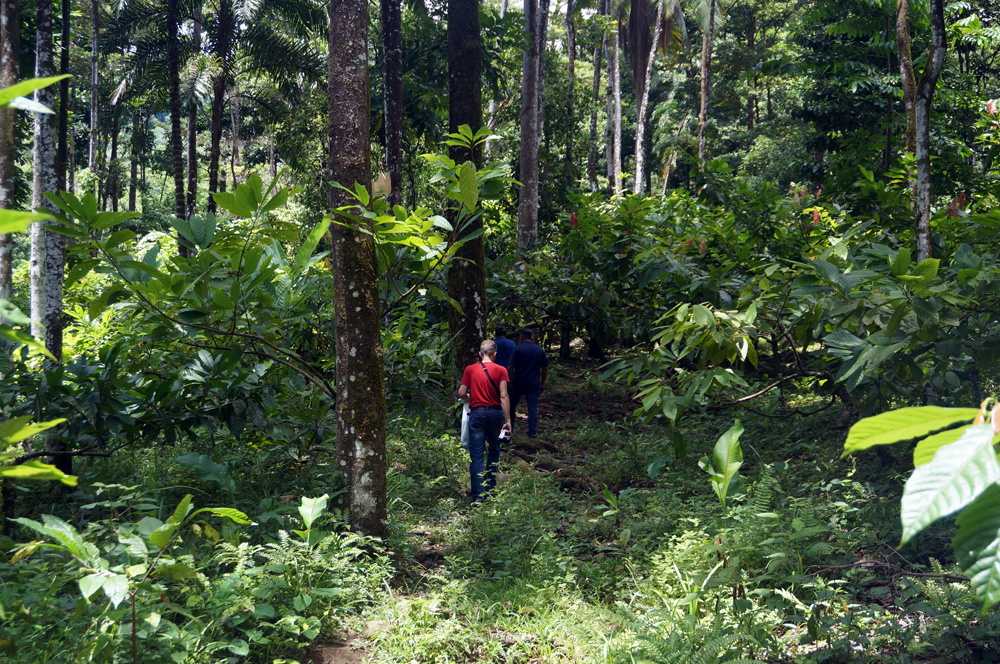
Investing in Our Planet With Organic Cacao Farming
This year’s global Earth Day theme is “Invest in Our Planet.” We’ve been investing in our future by supporting organic agriculture for over 35 years. But what does organic agriculture actually mean for farmers and the planet?
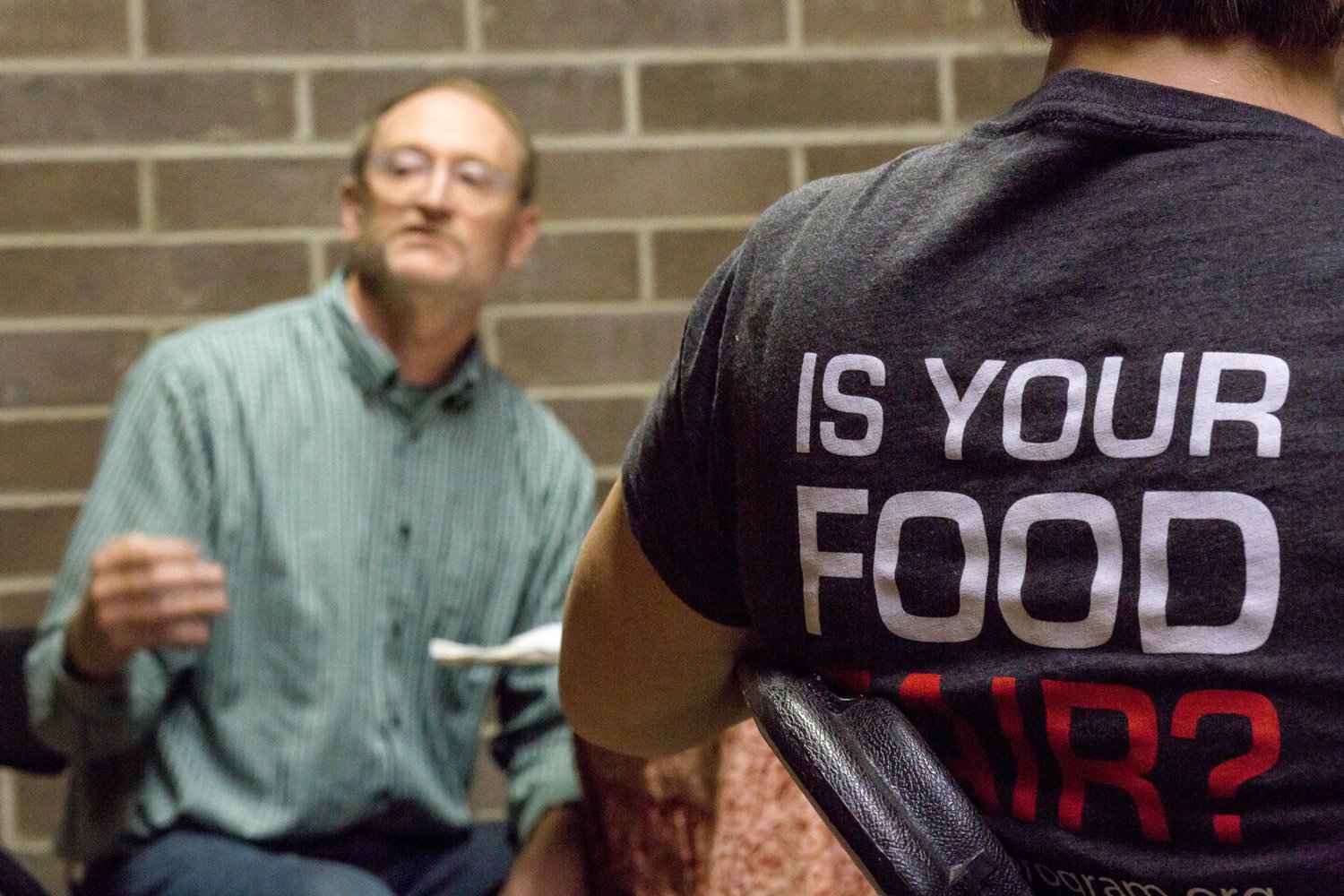
Equal Exchange’s Radical Model: Building Democratic Trade Networks in Contrast to Conventional Supply Chains
In the early years it was very clear that Equal Exchange was radically different and breaking many of the “rules” of the market. During this time fair trade or alternative trade was barely known so by definition, it was different because there were no alternatives.

A Farmer-Led Future for Tea
Did you know that tea is the second most popular drink in the world—second only to water? Here’s another question: do you know that, even today, it is likely that the tea products lining your grocery store’s shelves—even those sold as Fair Trade—were sourced from plantations established under colonialism?
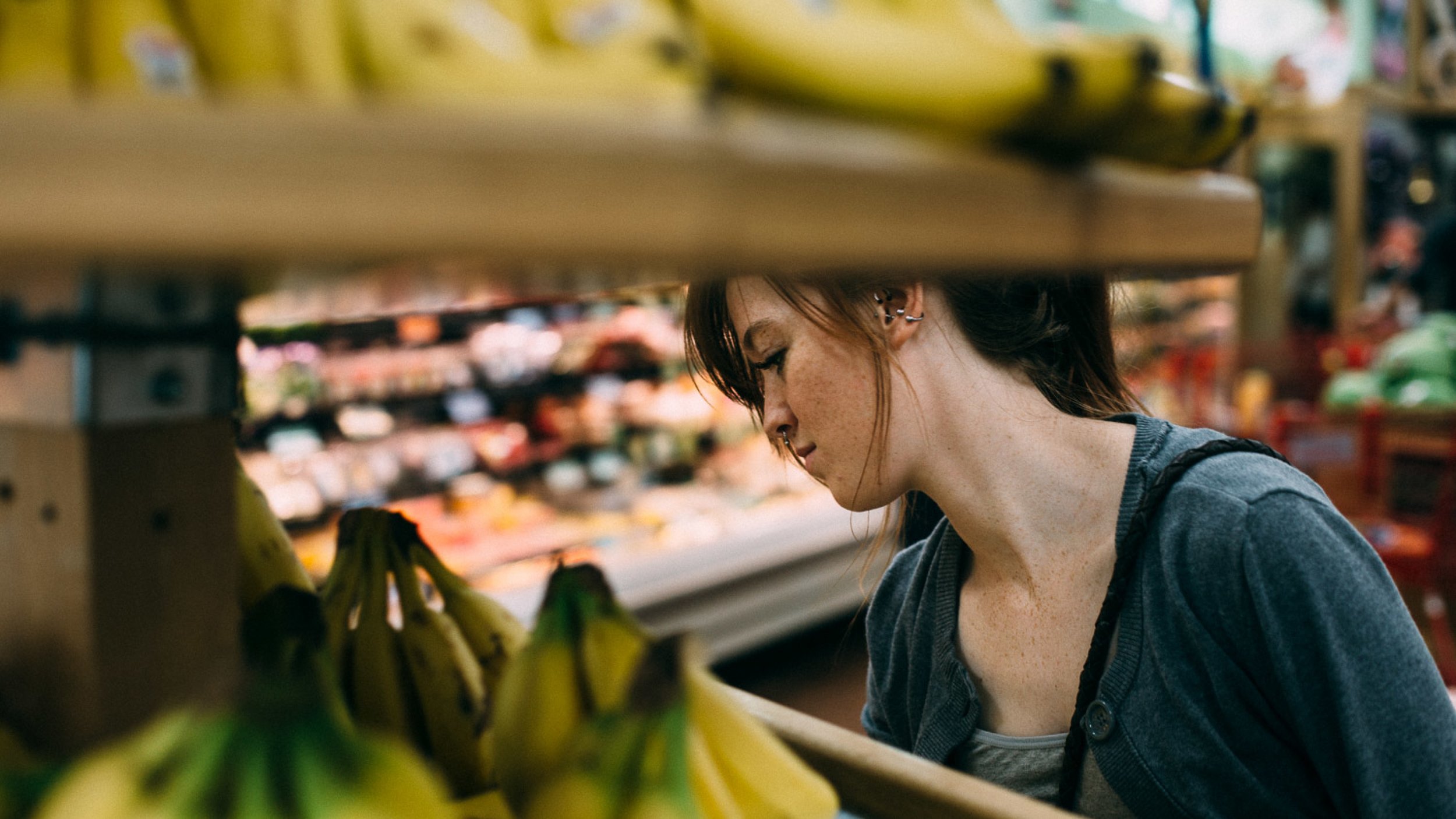
The Citizen-Consumer Dilemma: Part One
What are the high-level problems that we face as consumers, citizens and activists working within the U.S. and the global food marketplace?
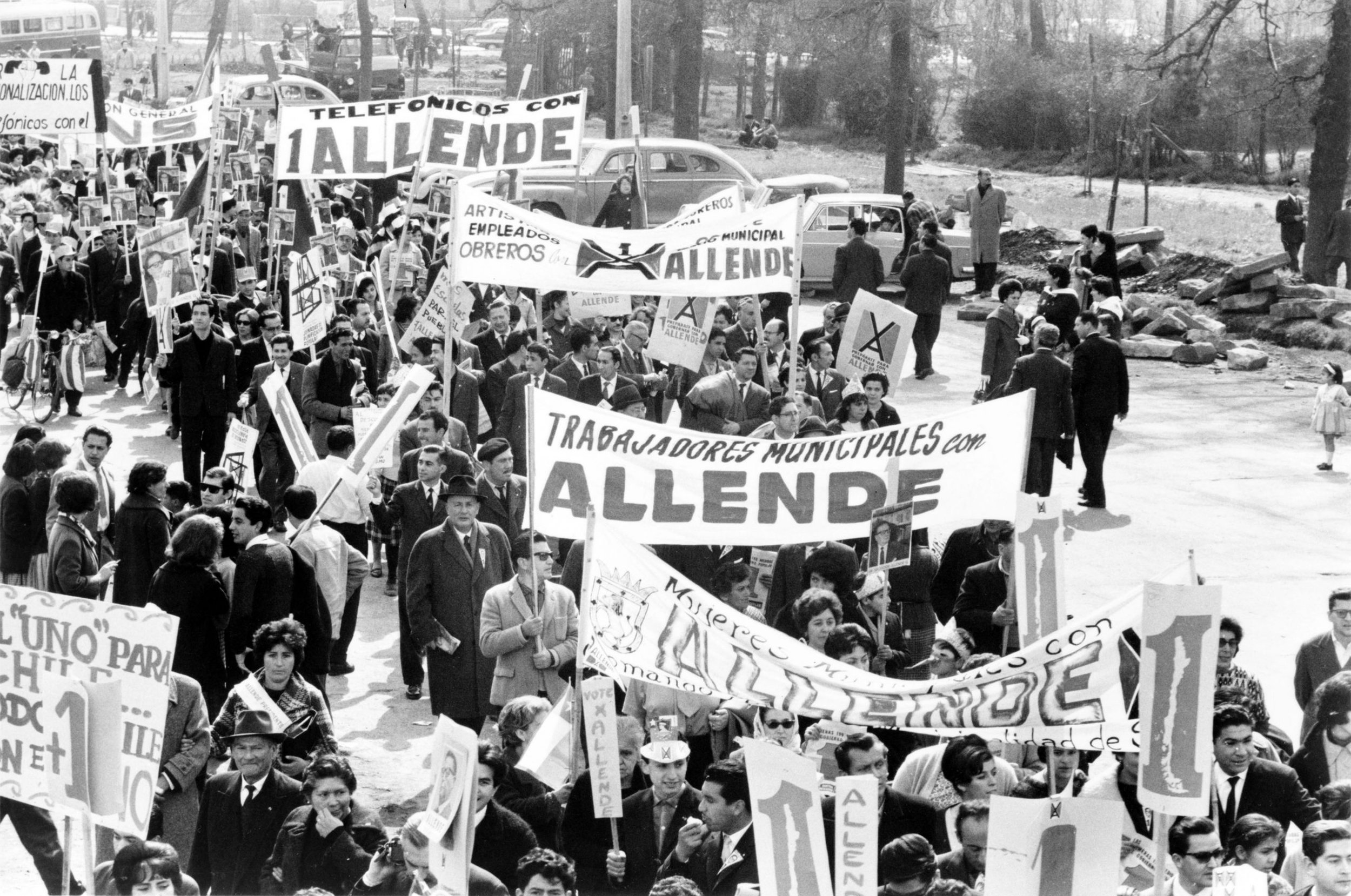
Worker Co-ops: Solving Societal Problems
Five years ago Equal Exchange started our Citizen-Consumer work to invite our supporters more deeply into our model, to build a community that is working toward a better food system, and to further develop our democratic brand. Read one of the many stories that Sue could tell you about her life as an activist and how her heart came to be touched by the work of Equal Exchange.

